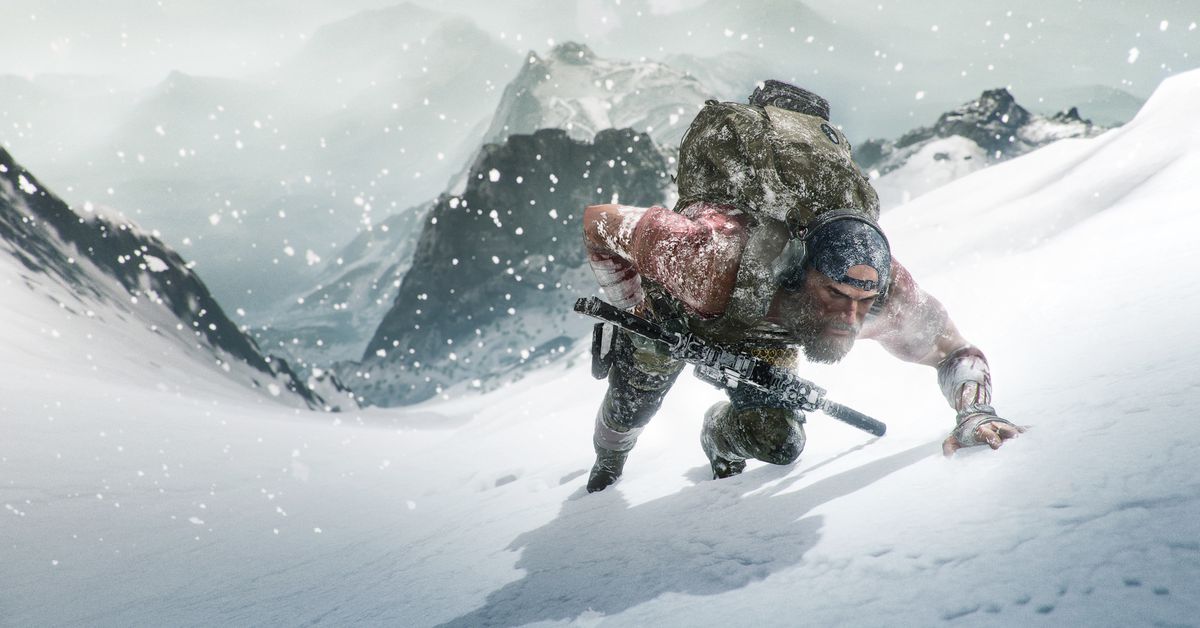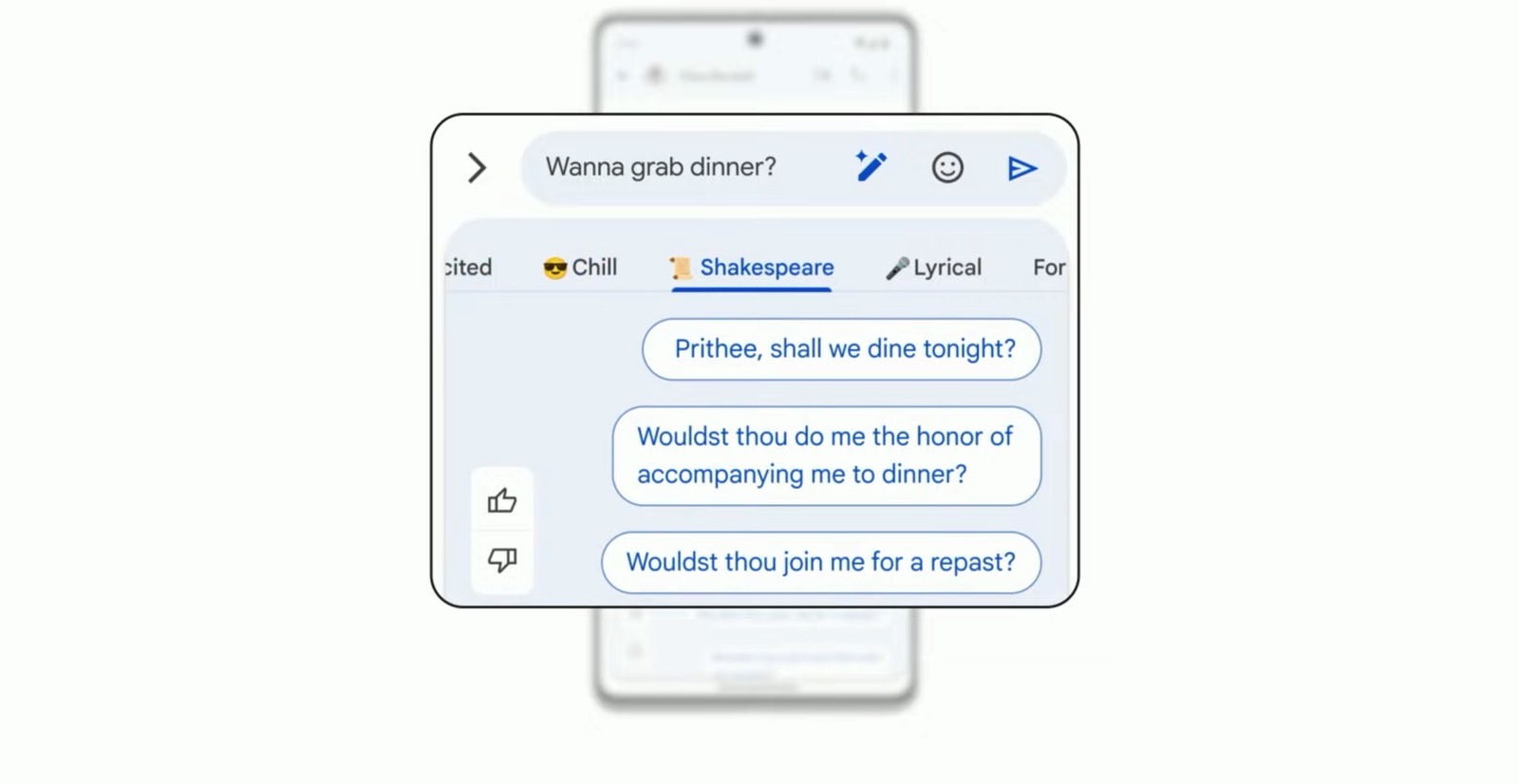
Ubisoft’s executive in charge of the company’s new, and generally despised, NFT endeavor said in an interview that Ubisoft is “accustomed to” such immediately negative responses, and said video game fans “don’t get what a digital secondary market can bring to them.”
“For now, because of the current situation and context of NFTs, gamers really believe it’s first destroying the planet, and second a tool for speculation,” Nicolas Pouard, who leads Ubisoft’s Strategic Innovations Lab, told the Australian product comparison site Finder. “The end game is about giving players the opportunity to resell their items once they’re finished with them, or they’re finished playing the game itself.”
In December, Ubisoft announced it would get into the business of non-fungible tokens (NFTs), a type of digital asset commonly likened to a piece of valuable art. Ubisoft’s NFTs are called Digits, and the publisher said they will “provide players the ability to personalize their experience and complete their missions with style.”
The response from the gaming audience was an instant and constant thumbs-down — literally. A video announcing Digits and their exchange platform, Quartz, was socked with 31,000 dislikes on YouTube, compared to 1,000 likes, and Ubisoft unlisted the video days after posting it. The backlash continued unabated, and included Ubisoft employees who criticized the venture as an exercise in “private property, speculation, artificial scarcity, and egoism.”
Video gamers’ hostility to NFTs intensified with GSC Game World’s plan to bring NFTs to STALKER 2: Heart of Chernobyl, the sequel to a 13-year-old cult hit, which has been in development since 2018. Gamers’ angry reactions, including vows not to buy the game, convinced GSC to call off its plans. The reactions to both Ubisoft and GSC Game World’s NFT announcements have since gained mainstream attention, where other sectors haven’t challenged NFTs’ legitimacy nearly as much.
Pouard was asked whether NFTs in video games will amount to a new form of microtransactions, loot boxes, or other monetized practices that video gamers by and large resent. “At no point will we force our players to use Quartz and Digits,” Pouard said. “We just inform them that there is a new system that could provide them with higher value than the existing ones.”
Pouard added, “We’ve made it so it’s somewhat hard for people to get into it. You must purchase the game. You must play at least two hours.” These barriers make it more difficult for pure speculators to get in and warp the market for these NFTs, he argued. Nor will all Ubisoft games be required to implement NFTs in some way, he said.
“The model of play to earn is about allowing players to make their own money by adding value to the whole ecosystem,” Pouard argued.
Ubisoft executive says gamers ‘don’t get’ NFTs - Polygon
Read More

No comments:
Post a Comment